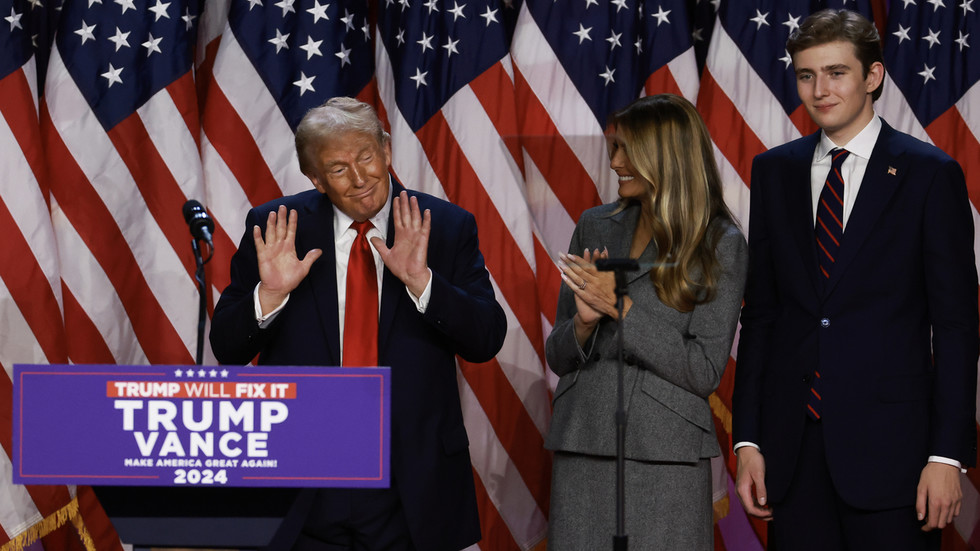In the wake of Donald Trump’s recent victory in the 2024 US presidential election, global leaders from Hungary, Israel, France, India, and beyond have quickly extended their congratulations. Trump defeated his Democratic opponent, Kamala Harris, securing crucial wins in pivotal battleground states. In announcing his victory, Trump proclaimed that his second presidency would herald “the golden age of America.” Hungarian Prime Minister Viktor Orban expressed his sentiments by labeling Trump’s comeback as the “biggest comeback in US political history,” thereby cementing his status as a significant figure in American history, being only the second president to serve non-consecutive terms after Grover Cleveland.
Orban’s support highlighted a broader sense among international leaders that Trump’s victory represents a necessary win for the global community. He stated in a post on social media platform X that this election result is “a much-needed victory for the world.” His comments reflect a sentiment of relief and even celebration among certain European and Middle Eastern leaders, who view Trump’s policies and leadership style as aligning closely with their own national interests and governance strategies.
In Israel, Prime Minister Benjamin Netanyahu underscored the significance of Trump’s win by describing it as “history’s greatest comeback.” In his message, he emphasized how Trump’s return to the White House signifies a renewed commitment to the longstanding alliance between Israel and the United States. Netanyahu’s sentiments resonate deeply within Israeli political circles, where Trump’s previous administration was often seen as highly favorable to Israeli policies, particularly with respect to Palestinian relations and regional security strategies.
From France, President Emmanuel Macron reached out to Trump expressing his eagerness to collaborate with him again. Macron recalled the cooperation during Trump’s first term, framing it as a period marked by mutual respect and ambition which he hopes to rekindle for the sake of achieving peace and prosperity. This tone of optimism is echoed by other leaders, demonstrating a collective appetite for continuity in US foreign relations as Trump resumes his presidency.
Ukrainian President Volodymyr Zelensky also shared his congratulations, expressing an anticipation for a “strong US under… decisive leadership” under Trump. Zelensky specifically referenced Trump’s “peace through strength” doctrine as a guiding principle that can aid in pursuing just peace in Ukraine amid ongoing conflict with Russia. His hope for continued bipartisan support for Ukraine’s sovereignty during the upcoming Trump administration highlights the significance of US foreign policy in regional conflicts.
Indian Prime Minister Narendra Modi joined the chorus of support by commending Trump’s success and reaffirming commitment to collaborate on strengthening the US-India strategic partnership. Modi’s remarks focused on the shared goals of enhancing peace, stability, and prosperity, indicating a desire to reinvigorate bilateral relations that had seen growth during Trump’s previous term. Notably absent from this chorus of congratulations was the Kremlin; Russian President Vladimir Putin is outlined to have refrained from congratulating Trump, characterizing the US as an “extremely unfriendly state.” This divergence emphasizes the complex global political landscape, shaped by varying national interests and alliances.

